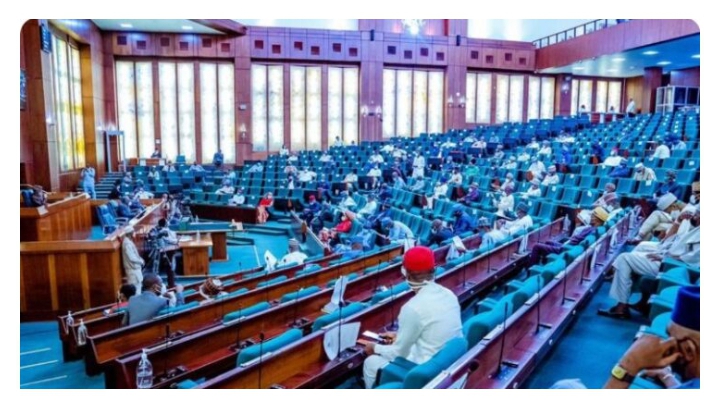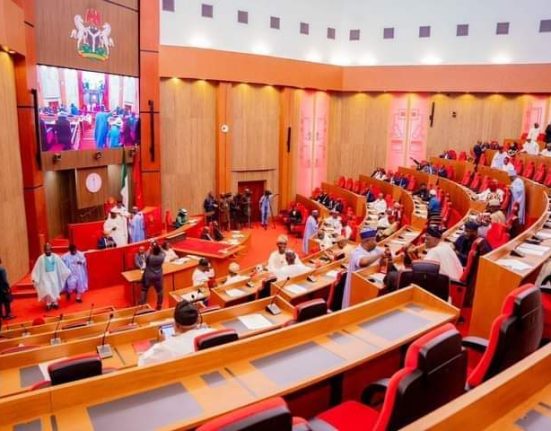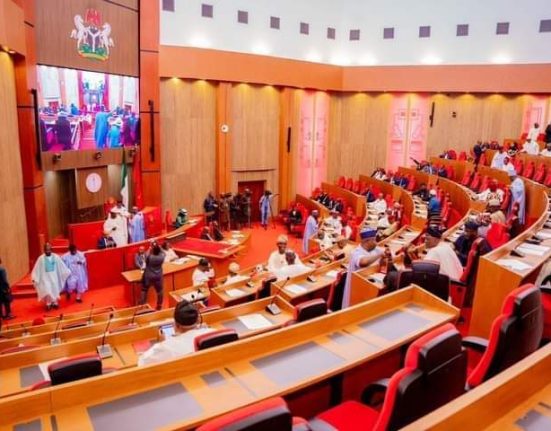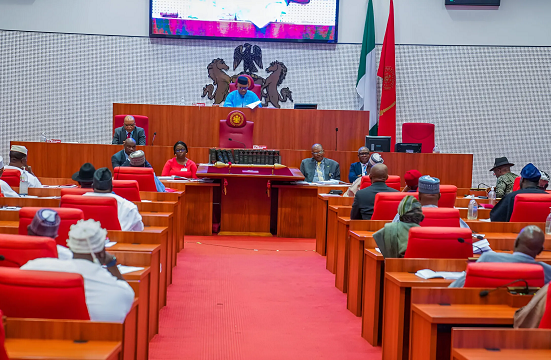The Nigerian Senate has officially shifted its plenary resumption date from April 29 to May 6, 2025, citing the need for lawmakers to observe International Workers’ Day and deepen grassroots interactions. Senate Clerk Andrew Ogbonna Nwoba confirmed the adjustment in an April 20 circular addressed to all senators, emphasizing enhanced public representation as the primary motive for the one-week extension.
The 10th Senate, led by President Godswill Akpabio, aims to utilize the extended break for critical constituency engagements following the Easter and Eid-El-Fitr recess that began on March 27. The rescheduling aligns with parliamentary protocols for holiday observances, allowing legislators to commemorate May 1 workers’ celebrations directly within their districts before returning to national legislative duties.
This marks the second major recess adjustment in 2025 after the March break for religious festivities, reflecting the Senate’s operational responsiveness to national events and lawmakers’ dual mandates. The Clerk’s memo explicitly acknowledged potential inconveniences while reaffirming commitments to legislative productivity upon resumption.
Housing Sector Operators Push for Tax Relief to Tackle Nigeria’s 22 Million Housing Deficit
Real estate stakeholders and advocacy groups are intensifying calls for tax reforms to address Nigeria’s housing crisis, urging the federal government to reduce sector-specific taxes and introduce targeted reliefs. The Housing Development Advocacy Network (HDAN) has specifically demanded the inclusion of low-income housing tax credits in the proposed Nigeria Tax Bill, arguing that excessive levies on developers and building materials stifle affordable housing delivery. This push comes as experts warn that underfunding in the 2025 housing budget—marked by a reduced capital allocation compared to 2024—threatens to worsen the nation’s 22 million housing gap.
Minister of Housing Ahmed Dangiwa has previously advocated for a N500 billion annual housing budget, far above the current N50 billion allocation, to meet the N5.5 trillion required for meaningful progress. Analysts like Sola Enitan of Cromwell Centre for Research stress that at least N1 trillion yearly is needed to spur job creation and economic growth through housing projects. Meanwhile, proposed tax reforms, including VAT exemptions on construction materials and streamlined levies, could lower development costs and attract foreign investments. However, concerns persist over the exclusion of landlords from income tax relief under the proposed Rent Relief Allowance, which risks disadvantaging homeowners and retirees.
Industry leaders emphasize that resolving Nigeria’s housing crisis—exacerbated by rapid urbanization and a population projected to hit 262.6 million by 2030—requires urgent fiscal interventions. HDAN’s Festus Adebayo has urged competitive tax credit models to incentivize genuine low-cost housing projects, while experts highlight successful global models in Brazil and Kenya as blueprints for Nigeria. With construction costs rising and interest rates limiting mortgage access, stakeholders argue that tax reliefs are critical to unlocking private-sector participation and bridging the deficit





